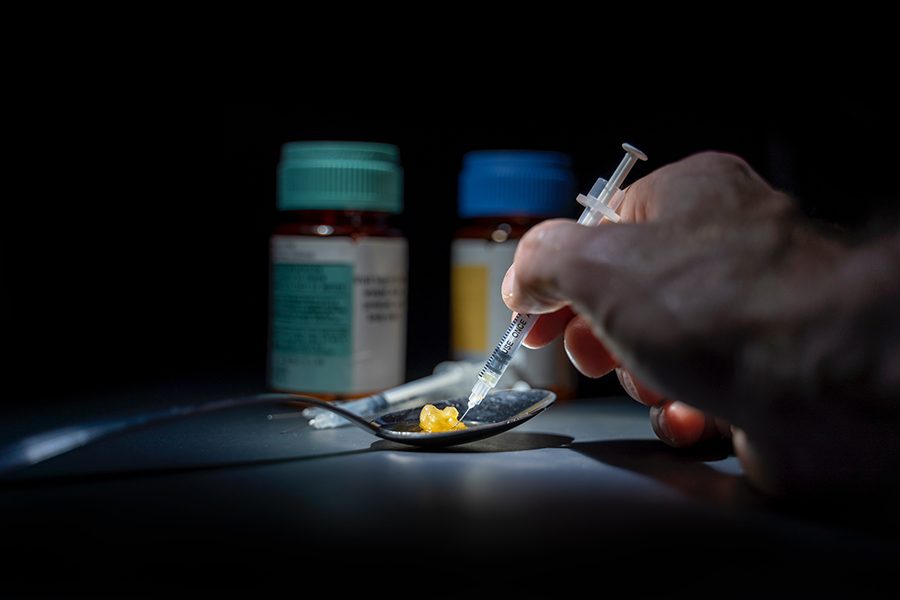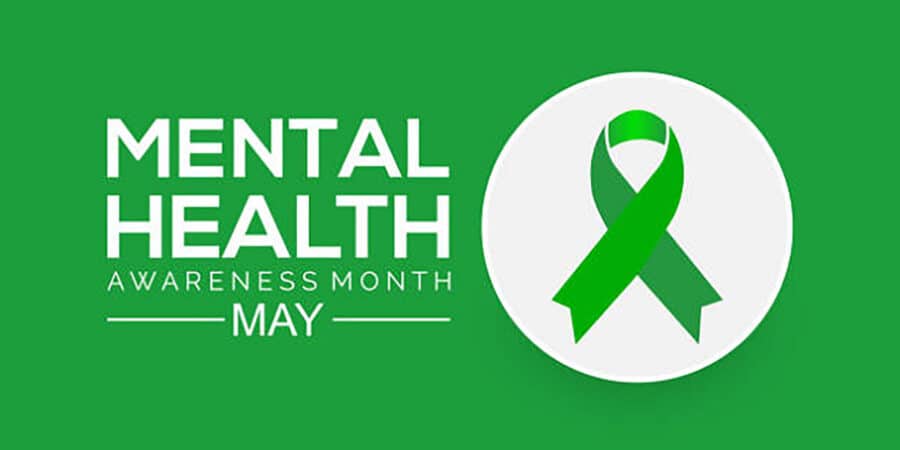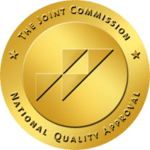
How Do I Know If I am Addicted to Opioids?
Millions of people are prescribed opioids every year for various chronic pain conditions. Whether it be for surgery recovery, relief after a major injury, or to help with chronic pain related to another illness, opioids can be a helpful short-term solution for many individuals. However, opioids are highly addictive medications and dependency can form quickly. This can lead many to wonder, “How do I know if I am addicted to opioids?”, making it important to know the signs and symptoms of addiction to opioids.
Physical Signs of Being Addicted to Opioids
It can be hard to determine whether or not you are addicted to opioids by simply looking in the mirror, but there are some tell-tale physical symptoms to be aware of. If you are experiencing most of these symptoms, it is important that you get help as soon as possible for your opioid addiction before these symptoms worsen to the point of an overdose.
- Anxiety
- Anxiety attacks
- Constricted blood vessels
- Decreased appetite
- Decreased motivation
- Depression
- Euphoria
- Heightened alertness
- High blood pressure
- Improved self-esteem
- Increased sensitivity to sensory stimuli
- Irritability
- Increased energy
- Increased heart rate
- Increased sexual arousal
- Insomnia
- Weight loss or weight gain
Behavioral Signs of Being Addicted to Opioids
Sometimes, it can be easier to determine whether or not you have an opioid addiction by taking a look at your behavior. The most common behavioral signs include:
- Opioids are used for longer or at a greater amount than intended
- Majority of time is spent obtaining, using, or recovering from opioids
- Unsuccessful attempts to slow or quit use
- Abandonment of responsibilities
Questions to Ask Yourself
More often than not, the individual who is addicted to opioids is the last one to realize it within themselves. This is why it is so important to check in with yourself and ask the following questions while being totally honest with yourself about the answers.
- Do I take more opioids than are prescribed to me?
- Am I often running out of opioids before I am able to fill my prescription?
- Do I worry if my opioid supply is running low?
- Is a large amount of my time spent thinking about opioids?
- Do I feel sick if I have not taken opioids?
- Do I need to take opioids in order to feel normal?
- Have I tried, and failed, to quit or slow down my use?
- Is my performance at work at school starting to decline?
- Am I hiding my use, or lying about my use, to my loved ones?
- Are people expressing their concerns about my use to me?
- Have people begun to distance themselves from me due to my use?
Reasons You Might be Addicted to Opioids
While there is no way to predict whether or not an individual may become addicted to opioids at some point in their life due to certain factors, there are a few risk factors that put some individuals at an increased risk.
- Genetics. The children of addicts are 8 times more likely to develop an addiction. (1) This is due to the influence of the adults around them, as well as the normalization of the drug in their lives. Children also learn coping skills from their parents, and opioids are often used as a coping mechanism.
- Exposure at a Young Age. The younger an individual is exposed to opioid use, the more likely they will suffer from addiction. Young people have lower inhibitions than adults and are more willing to try risky behavior, such as drug use. This makes childhood prevention and awareness efforts extremely important in communities where opioid use is prevalent.
- Coping Mechanisms. Many individuals who use opioids do so to numb the pain associated with difficult memories or experiences. This can be anything from an especially stressful day at work to coping with sexual abuse trauma.
- Underlying Mental Illness. Whether mental illness is diagnosed or undiagnosed, having an underlying mental illness is one of the biggest risk factors of becoming addicted to opioids. Individuals suffering from anxiety, depression, or PTSD may turn to opioids to self-medicate. However, opioids will only worsen the very mental illness they are trying to numb.
- Taking Opioids. Simply put, any individual who takes opioids runs the risk of becoming addicted to them. The only sure way of never becoming addicted to opioids is to abstain from them entirely.
What to Do If You’re Addicted to Opioids
- Tell Someone. If your opioid use is getting out of control or you worry that you’ve become addicted to opioids, it is important you tell a loved one as soon as possible. Whether this is your spouse, parent, trusted friend, or calling a treatment center directly, it is important that you do not go through this alone.
- Have Narcan On Hand. Narcan is a drug that reverses an opioid overdose. They are available over-the-counter and should be kept handy in the event of an overdose. Even if you’re planning on getting help tomorrow or next week for your opioid addiction, you never know what may happen between now and then.
- Look into Treatment Options. There are many different types of treatment centers with various treatment programs and methods to help people through their journey to recovery. Finding the right treatment center for you and your needs is extremely important, and this involves doing a little research. Decide whether you’d want to go away for treatment or stay close, live in residential treatment or stay at home and do outpatient treatment, and whether or not you want to take advantage of medication-assisted treatment.
For more information, visit channelislandsrehab.com








